Regional impact of U.S.-Taliban deal
The U.S.-Taliban deal of 29 Feb favours some and disadvantages others in the region. This infographic shows how regional geopolitics will change
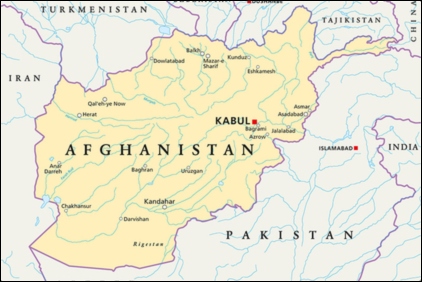 Courtesy: Shutterstock
Courtesy: Shutterstock
The U.S.-Taliban deal of 29 Feb favours some and disadvantages others in the region. This infographic shows how regional geopolitics will change
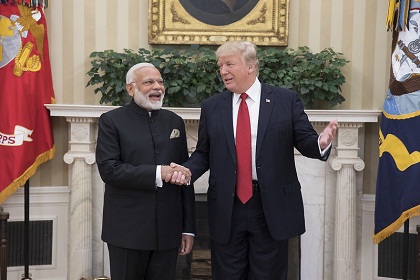 Courtesy: MEA/Flickr
Courtesy: MEA/Flickr
In the run-up to President Trump’s visit to India on 24-25 February 2020, Ambassador Neelam Deo, Director and Co-founder of Gateway House, discusses in this interview how he has made balanced trade a global issue, but given substance to the India-U.S. defence bilateral, sharpening the concept of the Indo-Pacific and the Quad’s profile
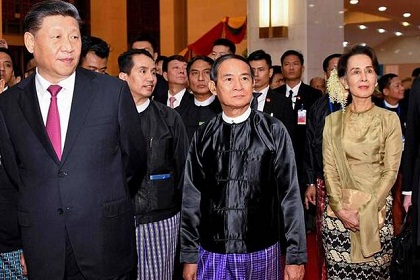 Courtesy: The Hindu/Handout
Courtesy: The Hindu/Handout
Chinese president Xi Jinping’s visit to Myanmar on January 17 highlighted the economic aspect of the two countries’ bilateral relationship. China has been Myanmar’s top partner for years. But more than the 33 agreements signed, the visit threw light on the region’s changing geopolitics and Myanmar’s own compulsions in growing closer to China
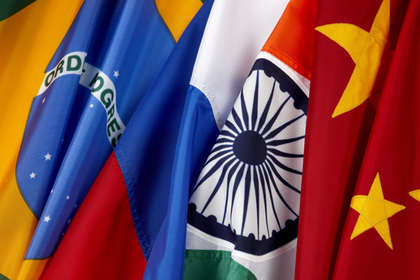 Courtesy: Shutterstock
Courtesy: Shutterstock
India will host four prestigious international conferences, such as the India-Africa Forum Summit and the subsidiary SCO Summit in the course of the next three years. These are historic opportunities for the country to show global leadership and fulfil a diplomatic agenda that involves handling strategic competition and advancing partnerships
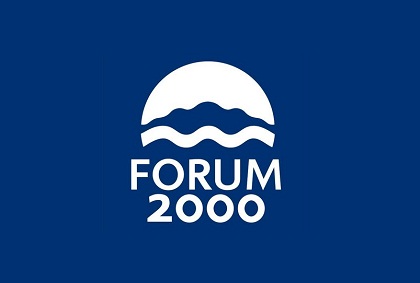 Courtesy: Forum 2000
Courtesy: Forum 2000
Peaceful dissent was the original animus for the formation of the Forum 2000 Foundation. Started by the late Czech dissident Vaclav Havel, the conference, held in Prague every September, offers a platform to experts and activists from around the world to revisit ideas about pacifism and protest
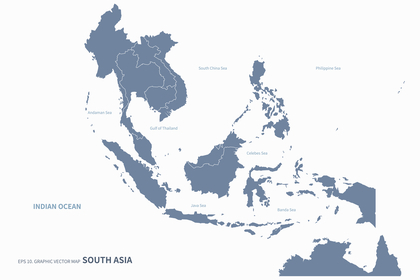 Courtesy: Shutterstock
Courtesy: Shutterstock
The foreign ministers of the Quad countries meet for the first time in New York today even as the Indo-Pacific has turned into a keenly contested geopolitical arena. Some countries are offering to play a mediatory role while other triangular equations are also undergoing change. An analysis of some of the relationships at work here
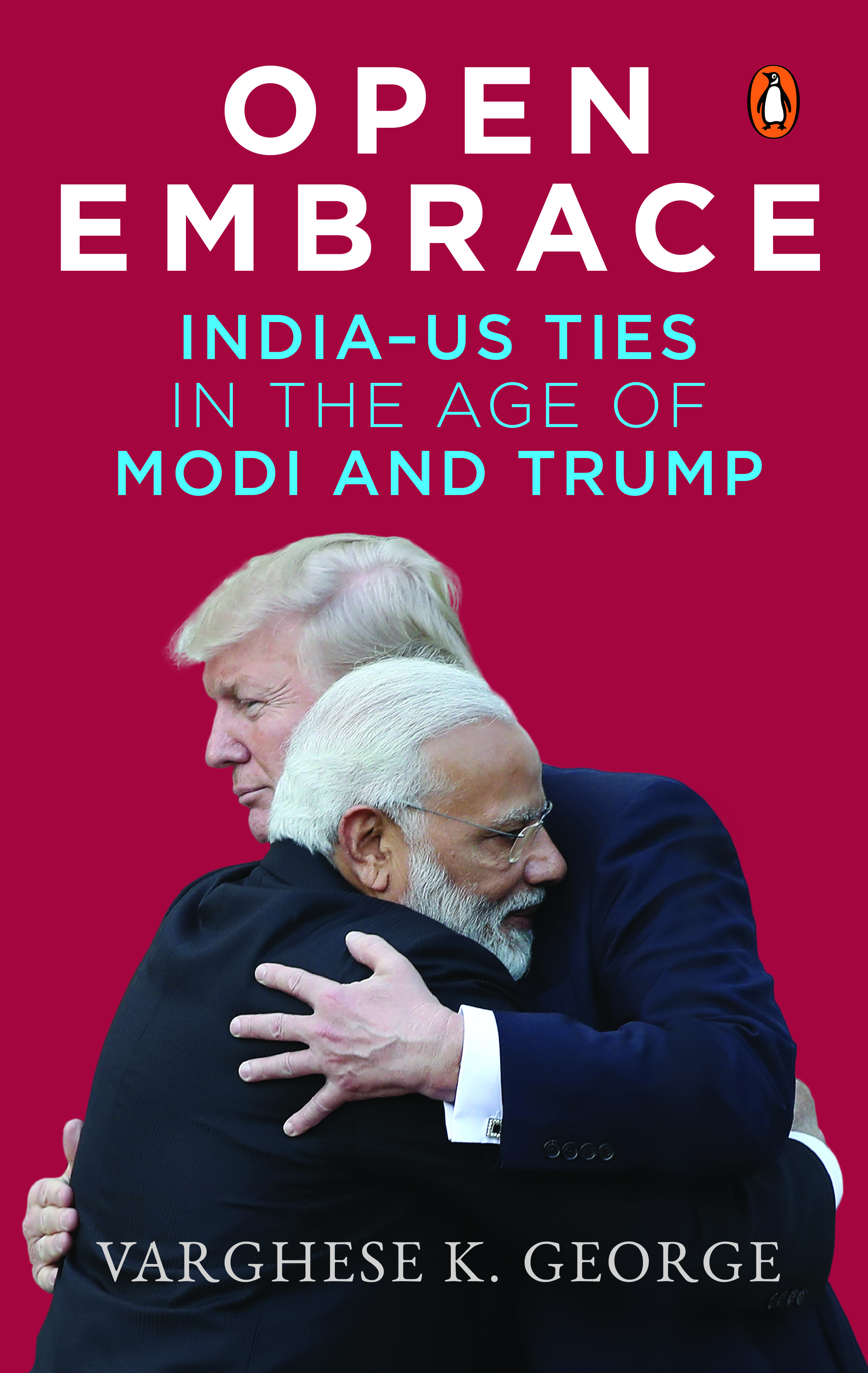 Courtesy: Penguin
Courtesy: Penguin
This book offers a ringside view of evolving Indo-U.S. ties under two conservative leaders, both engaged in mixing nationalism, religion and populism to advance the global capitalist order. The title points to an interesting departure from the more orthodox view of the bilateral relationship, which is usually from the prism of discord or estrangement
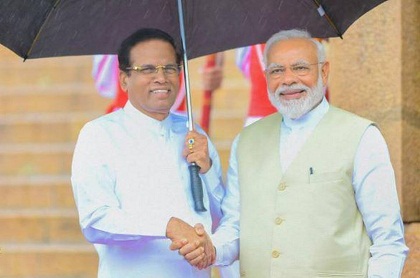 Courtesy: Twitter/@MaithripalaS
Courtesy: Twitter/@MaithripalaS
India is subtly adding four new elements in the policy matrix
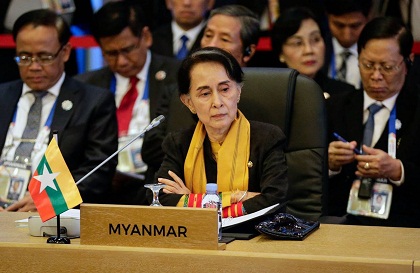 Courtesy: The Wall Street Journal
Courtesy: The Wall Street Journal
The Aung San Suu Kyi-led National League for Democracy, which has been in power for three years, has shown a modest score card, winning more censure than praise. Suu Kyi’s civilian-military equation has been good, but not her reluctance on the Rohingya issue. What chances does her party have of winning in Myanmar’s elections in 2020?
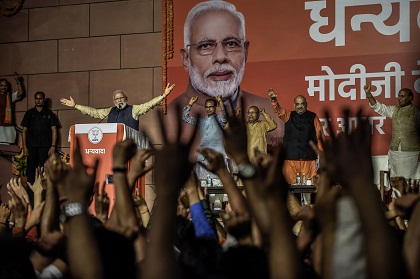 Courtesy: NY Times
Courtesy: NY Times
India’s foreign policy is increasingly blended in with its domestic agenda – and vice versa. Prime Minister Modi’s past proactive foreign policy has paid dividends in bringing global attention to India, a fact young voters have noticed and approved. In his second term, what will India’s foreign policy look like? A continuum of the past, but also new frameworks for the future